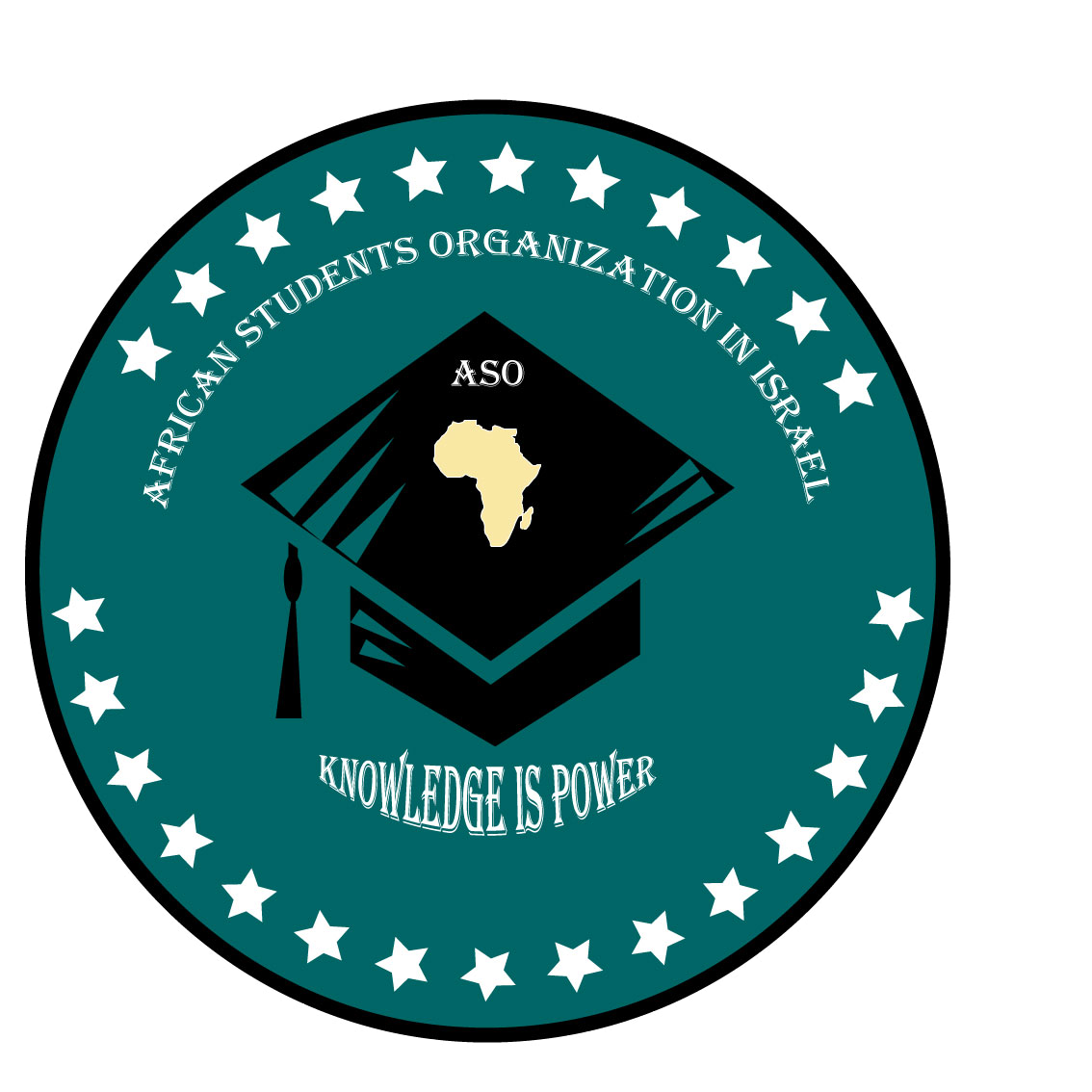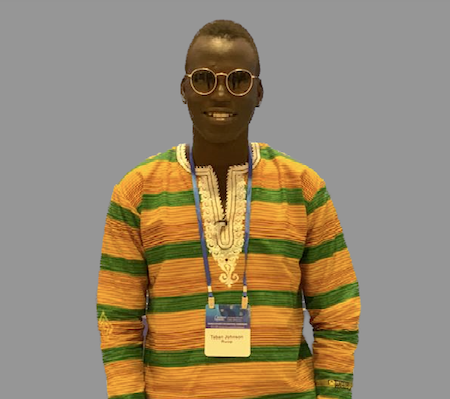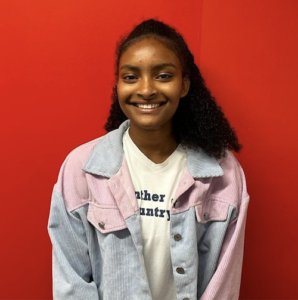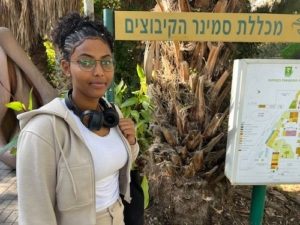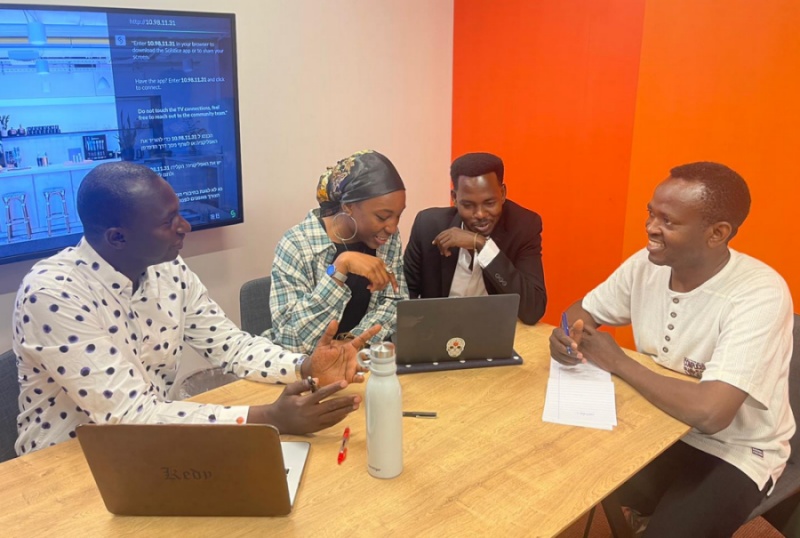“I am passionate about creating changes, helping people, and making friends.” So says Taban Johnson Ruop, age 24 who was born in Mangala, a few miles from Juba, the capital of South Sudan.
In December 2013, at age 15, “We felt our lives increasingly in danger when ethnic army factions clashed because of political power struggles in the government. One terrible night, I watched neighbors turn against each other influenced by political elites to establish ethnic affiliations, divides, and grievances. I had been staying in my uncle’s house in Juba for greater safety when the worsening situation compelled a cousin living in Australia to pay for flights to Kenya for my and my cousins’ safety and education at A.C. Butong High School. When my cousin’s money had run out, we were compelled to return to Juba, where we graduated from Maat High School in the UN camp for internally displaced persons (IDPs) where we lived. The danger had diminished there because in 2016 the warring powers made a peace agreement.”
Though financially poor, Taban’s thirst for learning grew continuously since his Kenya studies instilled in him a deep love for education. In 2018, at age 20, he took a chance with the Israeli MASHAV work-study course that claimed to bring students from developing countries to work in Israeli agricultural fields and learn local technological advancements in that sector. MASHAV didn’t honor the contract, and Taban and his fellow South Sudanese left to seek educational opportunities elsewhere in Israel.
Lacking a visa to remain in Israel, he worked three jobs to pay the first-year tuition for a BA degree program in Sustainability and Government from Reichman University (formerly IDC Herzliah). “In 2021, I met [ASO’s ‘angel’] Joey Low at Reichman University graduation ceremonies where I introduced myself and asked for financial help. Not long after, ASO called to say my request had been granted.”
In his studies, Taban is learning to help solve global calamities including environmental, economic, political, access to clean water, poverty, and inequality. Taban envisions gaining “a broad understanding of the complex issues that humans face in finding solutions without harming nature and people. I hope to create clean water sources and quality agricultural infrastructures, which are sorely lacking in most African countries.”
Taban’s mom “is my source of inspiration and a close mentor who showed me what I am capable of. I will never forget when she bought me a bike that I rode day until my family thought I got lost and only returned the next day. Since 2013, when the war broke out, she has been living in a UN refugee camp for IDPs in Juba where UN Security Forces provide protection; and, we are in steady contact by calling my friend’s landline in the camp with her.”
“Dr. Emmanuel Taban, a fellow former child refugee from South Sudan who became a leading pulmonologist in South Africa also inspires me. I am an avid reader and chanced on reading his book ‘The Boy Who Never Gave Up.”
“I love learning about cultures, and I speak Arabic, Swahili, Nuer (an South Sudanese ethnic language), English, and some Hebrew. I’m studying in Ulpan Level A, which I hope will enrich and improve my Hebrew writing and speaking. My motto: ‘Work hard in silence and let success be your noise.”
